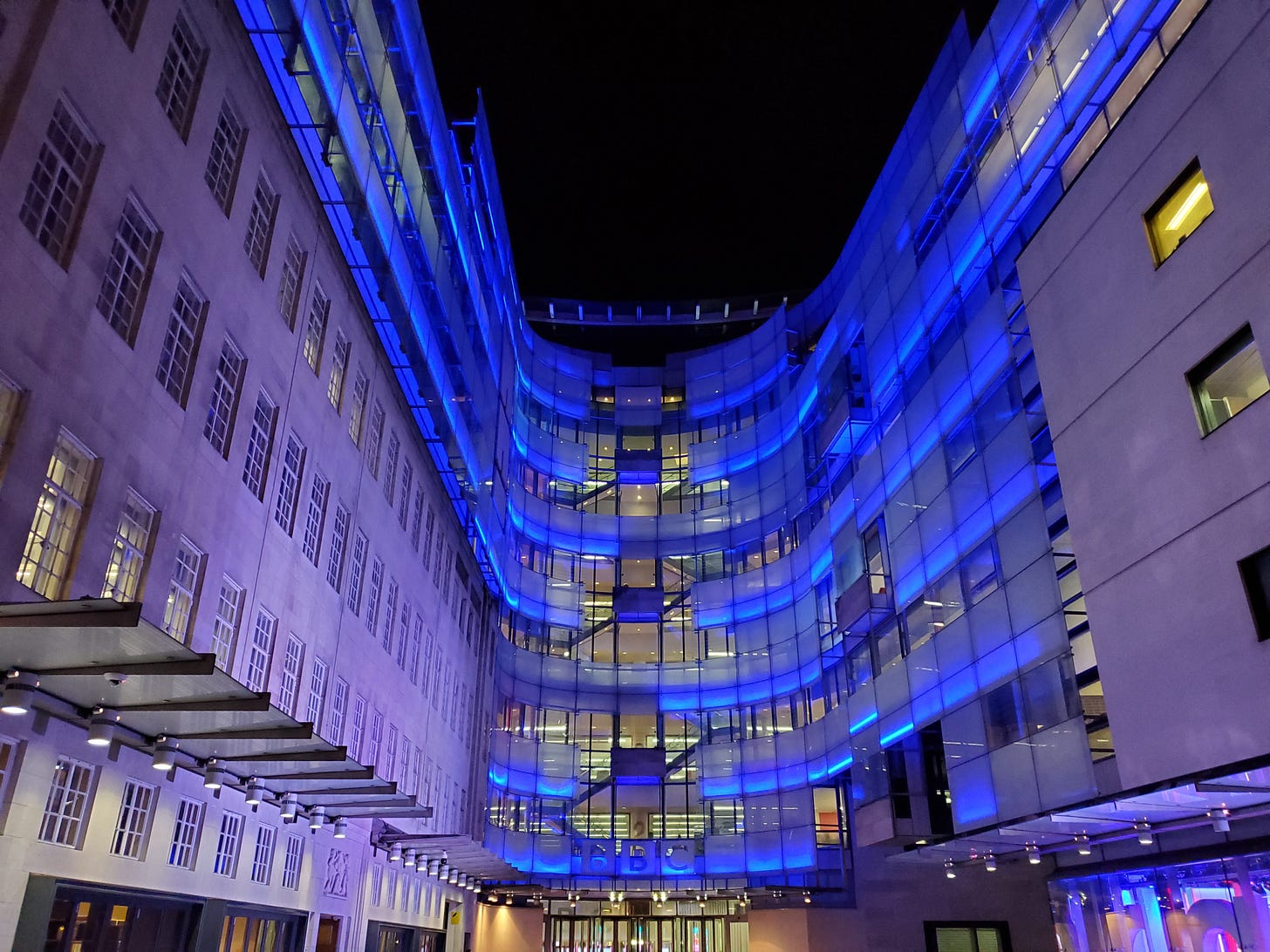Lineker's fight for migrant rights and his conflict with the BBC and the Government
In a slew of poorly thought out political actions by allies of the British government, the outspoken Match of the Day Presenter was de-platformed for statements on the illegal migration bill

The French Dispatch is a reader-supported publication. If you enjoy reading this, like, subscribe, share it with your friends and colleagues, and consider taking a paid subscription.



